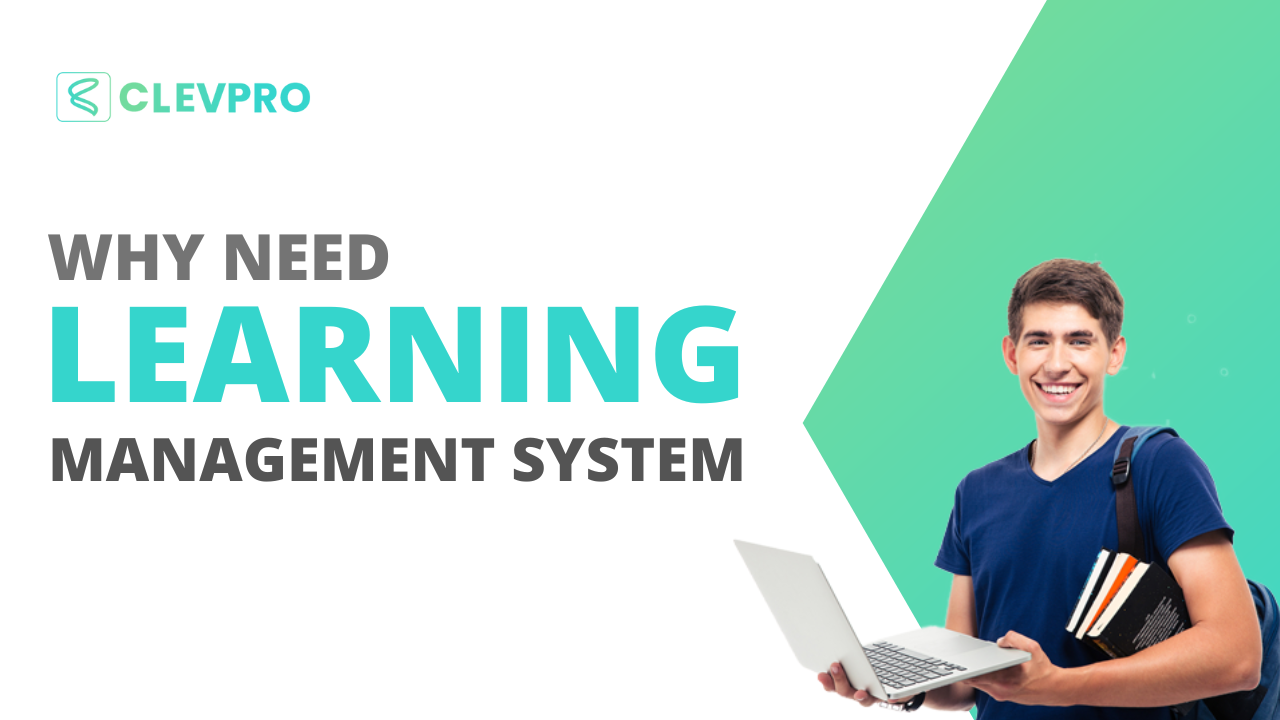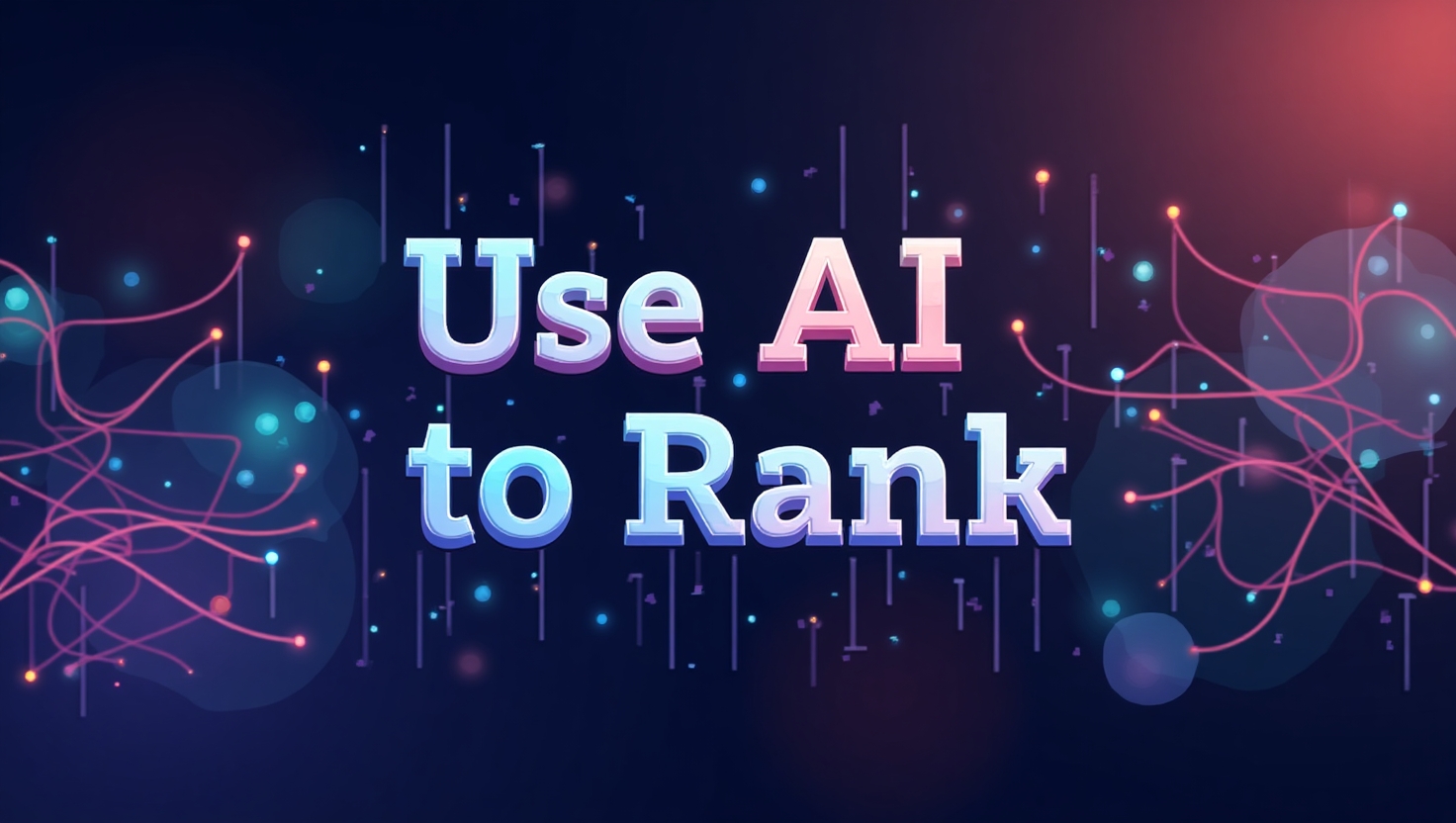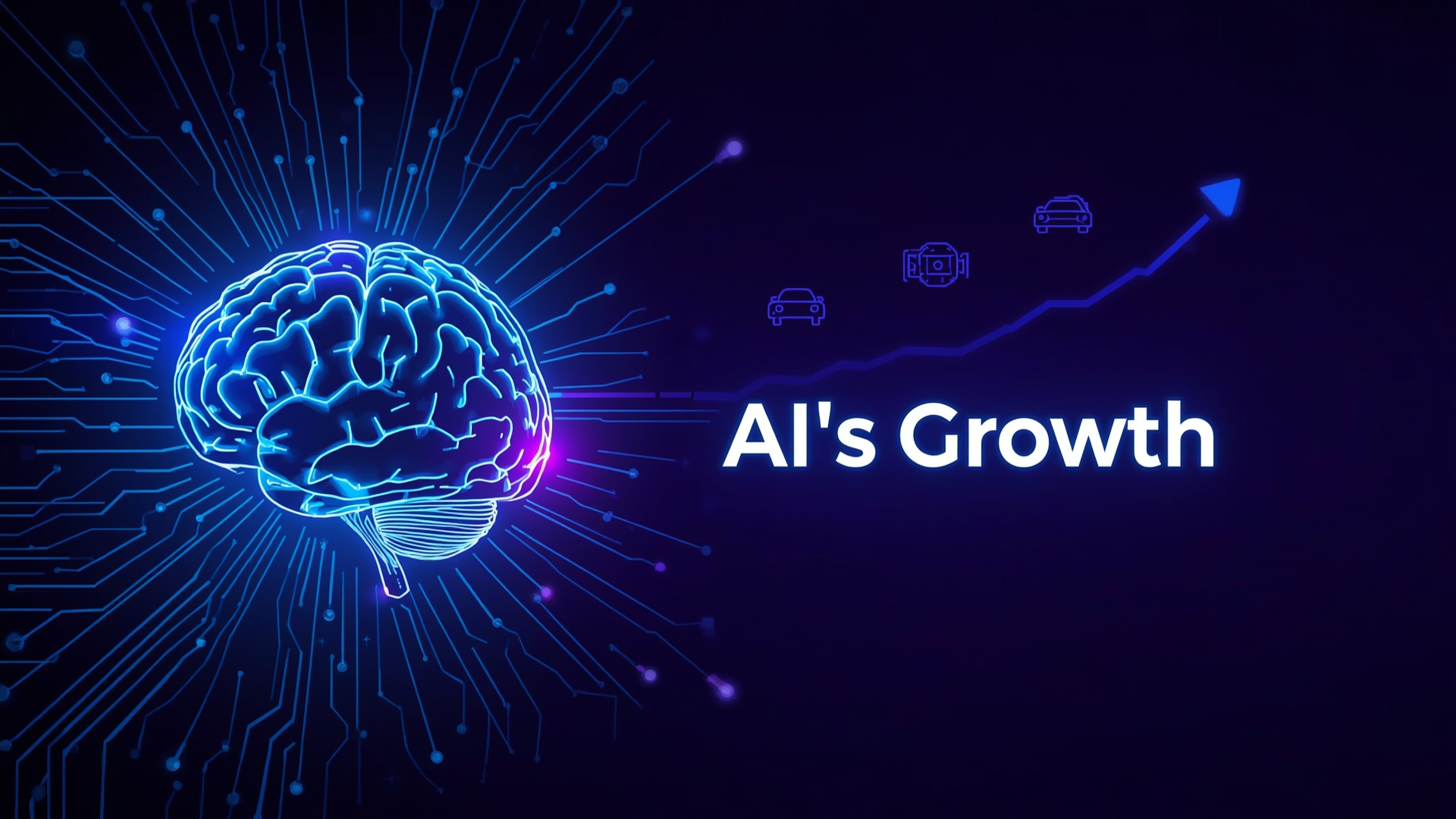29 | Aug
Clevpro
29 Aug, 2023
Why Your Training Center Needs a Learning Management System (LMS)

In today's digital age, institutions, schools, and training centers are embracing the power of technology for enhanced administration and superior learning experiences. Pioneering this transformation is the use of learning management systems (lms). But why precisely does your training center require an lms? Dive deep into the reasons below.
1. Centralized content storage
an lms acts as a primary hub for all educational content. From course materials, videos, presentations, to quizzes, everything is stored in one easily accessible location. This centralized approach ensures consistency in training, minimizes content redundancy, and offers a unified learning environment for users.
2. Streamlined course administration
manually coordinating course schedules, tracking student progress, and handling course enrollments can be time-consuming. An lms automates many of these tasks, reducing administrative burdens and making course management smoother.
3. Enhanced communication and collaboration
effective communication between trainers and learners is crucial for any educational endeavor. An lms can facilitate discussion boards, chatrooms, and instant messaging features. This not only enhances learner-trainer communication but also promotes peer-to-peer interactions, fostering a collaborative learning environment.
4. Efficient content delivery and tracking
with an lms, trainers can upload content, create interactive sessions, and monitor student progress in real-time. Features such as adaptive learning can tailor the content based on individual learner needs, ensuring personalized learning experiences.
5. Comprehensive reporting and analytics
modern lms platforms provide detailed analytics about course engagements, student progress, and feedback. Such insights can be invaluable for trainers to adjust course materials, methodologies, or offer additional support where necessary.
6. Financial efficiency
many lms platforms come with built-in ecommerce capabilities. This means training centers can monetize their courses, manage subscriptions, and handle financial transactions seamlessly.
7. Security and data protection
in an age where data breaches are increasingly common, ensuring that course content and student data remain secure is paramount. A robust lms will have stringent security protocols, regular backups, and encrypted data storage.
8. Anytime, anywhere learning
one of the biggest advantages of an lms is the flexibility it offers. Learners can access content from anywhere and at any time, making it suitable for remote learning, asynchronous sessions, or self-paced courses.
9. Scalable learning solutions
as the number of courses or students grows, an lms can effortlessly scale to accommodate these changes. Whether you're adding new modules or increasing user capacity, the system can adapt without a hitch.
10. Environmental impact
switching to a digital lms drastically reduces the need for physical materials like handouts, printed tests, or textbooks. It's a significant step towards a greener, more sustainable educational approach.
11. Enhanced learner engagement
with multimedia integration, gamified learning modules, and interactive quizzes, an lms can make learning more engaging and enjoyable, leading to better retention rates and outcomes.
In conclusion
a learning management system is not just an additional tool but a fundamental asset for training centers in the current educational landscape. As the world leans heavily towards digitization, an lms aligns perfectly with the evolving demands of both trainers and learners. By integrating an lms, your training center is not only streamlining its operations but also enhancing the overall learning experience. In the competitive realm of education and training, an lms might be the differentiator that sets your institution apart.
######## CONTACT US ########
support@clevpro.com
https://clevpro.com/contact
clevpro.com
#clevpro #LMS system








